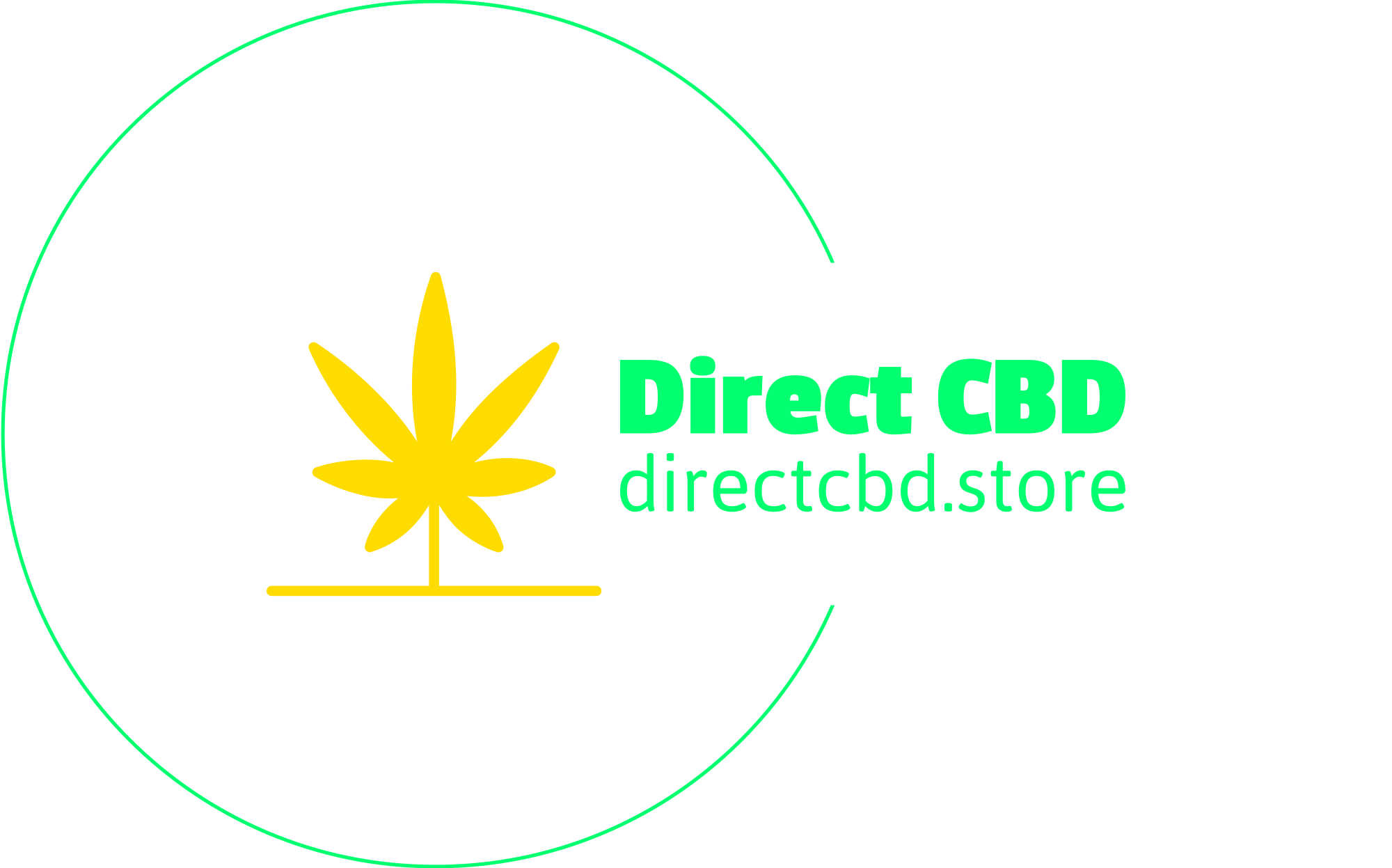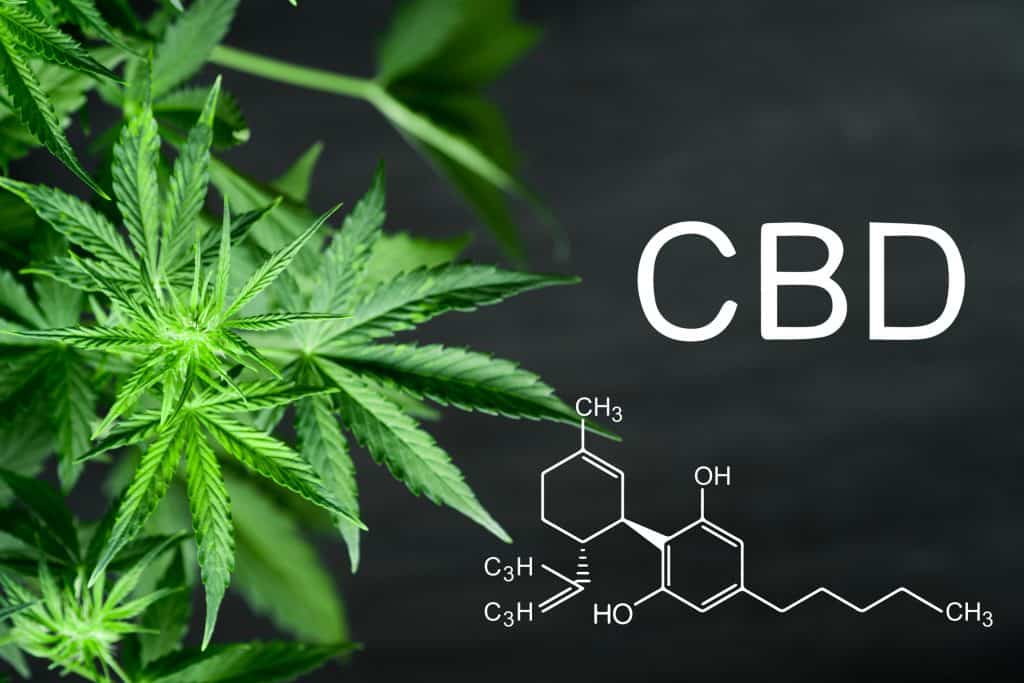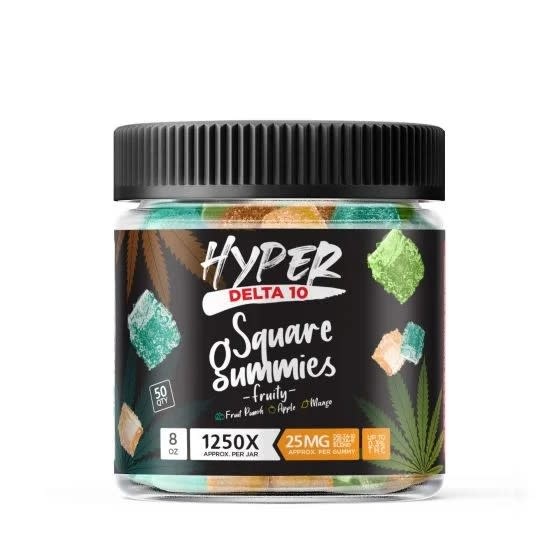Before delta 10 came into the market, there was delta 8, which people embraced. Being a new cannabinoid, people have many questions concerning it. This article highlights all you need to know about Delta 10 THC, including its legality, benefits, and effects. Also, herein you will learn whether Delta 10 is a natural or synthetic compound.
The cannabis industry is fast-growing, and more people are using cannabis products for recreational and therapeutic purposes. THC is one of the major cannabinoids associated with ‘high’ effects. Various variants of this cannabinoid include delta 10, delta 8, and delta 9. The former is a mix of delta 8 and delta 9. Its effects are mild, and you are assured of not feeling anxious after using it. It is a naturally occurring element in hemp and marijuana plants. However, it has to be chemically synthesized. This brings about concerns as to whether delta 10 is natural or synthetic. This article highlights all you need to know about this THC variant.
What is Delta 10 THC?
By understanding the structure of Delta 10, you will learn more about what it is and its effects. Delta 8 and delta 10 are isomers of the Delta 9 THC, meaning they are similar. However, their difference is in how they bond to Delta 9. Delta 9 contains two bonds present in the ninth position of the carbon chain. Delta 8’s double bond is in the eighth position, while delta 10 is in the tenth. Stasiulewicz et al. (2020) noted that the three types of THC interact with the endocannabinoid (ECS) system differently. The ECS controls various functions, including sleep, mood, and appetite.
Is Delta 10 Synthetic or Natural?
When a product is synthetic, it has been chemically manufactured. A natural product is a product that occurs naturally from a plant or a living organism. Therefore, Delta 10 is not synthetic. It is a natural compound. Although it cannot be derived without a chemical reaction, it is still a natural compound because it occurs in the hemp plant without the intervention of human beings.
Effects of Delta 10
Delta 9, the strongest THC variant, gives its users the most psychoactive effect. (Colizzi & Bhattacharyya 2017) Delta 8 is stronger than delta 9 but less strong than delta 10. Delta 9 can make you more anxious, and you can find it difficult to move with ease. Delta 8 and delta 9 can rarely cause these effects. However, when taken in large amounts, it is possible. According to the study, Delta 10 products can increase your appetite and give you a high effect, just like other THC variants. Their effects only make you more functional and increase your concentration too.
Delta 8 differs slightly from delta 10. Chan-Hosokawa et al. (2022) observed that Delta 10 gives its users an energizing effect like the sativa, whereas delta 8 gives a more calming effect like that of the indica. Delta 8 and delta 10 work well when it comes to settling nerves. However, if you want to work, it is advisable to consume delta 19. On the other hand, delta 8 works best if you need to sleep.
Side Effects of Delta 10
Delta 10 side effects are similar to those of delta 8. Both isomers of THC are safe, but Hazekamp & Grotenhermen (2010) noted that they could cause side effects, including lightheadedness, dry mouth, headaches, and red eyes. Therefore, it is important to take delta 10 considerably and avoid overdosing.
Is Delta 10 Legal?
Delta 10 THC is legal at the federal level. According to Adesso et al. (2019), the 2018 Farm Bill was passed, legalizing hemp and its products only if their THC levels are less than 0.3 %. During the legalization, the bill mandated states to formulate their cannabis laws. As a result, some states have banned the use of Delta 10 products. Therefore, you need to be aware of the law of the state you reside in.
Health Benefits of Delta 10
Below are the benefits delta 10 can have on your body:
Pain Relief
Singh & Lippmann (2018) noted that people use medical marijuana to relieve chronic pain since it has anti-inflammatory properties. Delta 10 is a good alternative to marijuana when relieving pain, even though its levels of relief vary. This makes it a good option in the states that have banned marijuana
Boost Mood
As stated earlier, consuming delta 10 gives you an uplifting effect that increases your moods. It also makes you more energetic. The good thing about delta 10 is that it’s unlikely to cause paranoia.
Balance
Stasiulewicz et al. (2020) noted that any compound that interacts with the endocannabinoid (ECS) system influences various functions, including pain, sleep, mood, and appetite. The deficiency of endocannabinoids in the body may lead to several health and psychosomatic problems. It is believed that delta 10 can help in replacing or boosting endocannabinoids, which in turn helps in relieving these conditions. Dowling et al. (2008) suggested that since it also contains neuroprotective properties, delta 10 can help with issues connected to the brain.
Conclusion
Next time you go shopping, you can purchase delta 10. Delta 10 can complement your daily routine by boosting your energy. However, do not purchase your Delta 10 from any vendor. Ensure that vendor is trusted and reliable to obtain high-quality products. You should also know whether your state allows delta 10 products before purchasing it. Delta 10 could be your favorite THC since it is like a mixture of delta 9 and delta 8. Also, talk to your doctor before consuming delta 10. If you are a beginner, it is recommended that you start on a lower dosage and increase your dosage with time. Always take the right amount of delta 10 to avoid any adverse side effects that may occur due to overdosing.
References
Adesso, M., Laser, P., & Mills, A. (2019). An Overview Of Industrial Hemp Law In The United States. UDC/DCSL L. Rev., 22, 85.
Chan-Hosokawa, A., Nguyen, L., Lattanzio, N., & Adams, W. R. (2022). Emergence Of Delta-8 Tetrahydrocannabinol In DUID Investigation Casework: Method Development, Validation And Application. Journal Of Analytical Toxicology, 46(1), 1-9.
Colizzi, M., & Bhattacharyya, S. (2017). Does Cannabis Composition Matter? Differential Effects Of Delta-9-Tetrahydrocannabinol And Cannabidiol On Human Cognition. Current Addiction Reports, 4(2), 62-74.
Dowling, G. J., Weiss, S. R., & Condon, T. P. (2008). Drugs Of Abuse And The Aging Brain. Neuropsychopharmacology, 33(2), 209-218.
Hazekamp, A., & Grotenhermen, F. (2010). Review On Clinical Studies With Cannabis And Cannabinoids 2005-2009. Cannabinoids, 5(Special Issue), 1-21.
Singh, D., & Lippmann, S. (2018). Vaping Medical Marijuana. Postgraduate Medicine, 130(2), 183-185.
Stasiulewicz, A., Znajdek, K., Grudzień, M., Pawiński, T., & Sulkowska, J. I. (2020). A Guide To Targeting The Endocannabinoid System In Drug Design. International Journal Of Molecular Sciences, 21(8), 2778.




